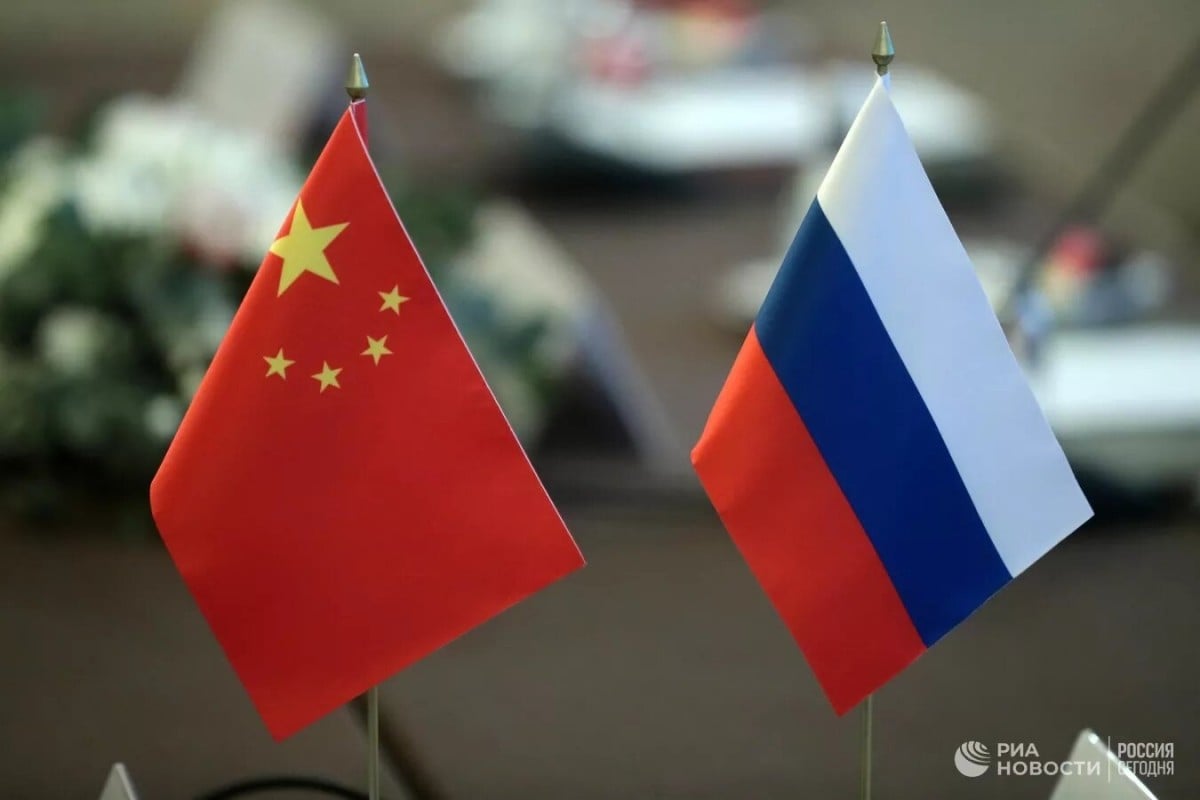 |
| China's total exports of goods to Russia in October 2023 increased by 17% year-on-year to $8.69 billion. |
World economy
China, US, Japan lead in global patent applications
Global patent applications rose 1.7% to 3.45 million in 2022, hitting a record for the second consecutive year, driven by innovation in China, the US and India.
According to the annual report recently released by the World Intellectual Property Organization (WIPO), China continues to lead with 1.58 million patent applications, up 3.1% compared to 2021, the US ranked second with 505,000 million patent applications, up 1.1%.
India's patent applications rose 31.6% to 55,000, moving the country from ninth to seventh place on the list as it overtook the UK.
Japan remained in third place but saw its patent applications fall 1.6% to 405,000. Germany's patent applications also fell 4.8% to 155,000.
While industry-by-industry and company-by-company adoption figures are not published, Asia is home to the world's most dynamic technology companies.
In WIPO's February 2023 report on international patent applications in 2022, Chinese telecom giant Huawei Technologies had the most patent applications, followed by South Korea's Samsung Electronics.
Despite a record number of patent applications in 2022, WIPO Director General Daren Tang warned of risks posed by geopolitical instability and an uncertain economic outlook, saying that instability continues to negatively impact the global innovation ecosystem.
US economy
* Michelle Bowman, a governor of the US Federal Reserve (Fed), said on November 7 that the agency will need another interest rate hike to lower inflation.
Although U.S. inflation has moved away from last year’s peak, Bowman noted that recent readings have been uneven. She noted that core inflation, which excludes volatile food and energy prices, is likely to remain stubbornly high.
* US regulators on November 3 voted unanimously to ease regulations that hinder tighter oversight of non-bank financial institutions.
The decision was made at a meeting of the Financial Stability Oversight Council (FSOC), which was established after the 2008 global financial crisis and is currently headed by US Treasury Secretary Janet Yellen.
The FSOC said the latest move is intended to “remove unreasonable obstacles” that have been in place since 2019 in identifying non-bank financial institutions at risk of instability.
Chinese Economy
* Data from China's General Administration of Customs on November 7 showed that China's exports to Russia continued to grow in October 2023, going against the trend of weakening demand for Chinese manufactured goods in other regions.
Specifically, China's total exports to Russia in October increased by 17% compared to the same period last year, to 8.69 billion USD. Although the growth rate slowed compared to the 21% increase in September, this result was still optimistic compared to the 6.4% decrease in China's total exports in October.
Meanwhile, China's imports of goods from Russia also increased by 9% last month, to 11.11 billion USD.
China has emerged as a vital economic lifeline for Russia, which is under Western sanctions amid the ongoing Russia-Ukraine conflict.
* The International Monetary Fund (IMF) on November 7 raised its forecast for China's 2023 GDP growth to 5.4%, from 5% previously.
The IMF forecasts that China’s GDP growth could slow to 4.6% in 2024 due to continued difficulties in the real estate sector and weak external demand, a more optimistic forecast than the 4.2% forecast the IMF made in October in its World Economic Outlook (WEO).
European Economy
* Speaking at the "Knowledge Marathon" program within the framework of the "Russia" international exhibition and forum held in Moscow on November 4, Russian Finance Minister Anton Siluanov said that the country's economy will grow by 2.8% in 2023 after falling by about 2% in 2022.
According to the forecast of the Central Bank of Russia (BoR), the country's GDP growth rate in the baseline scenario this year will be from 2.2 to 2.7%. According to the socio-economic development forecast published by the Ministry of Economic Development, Russia's GDP growth in 2023 is expected to be 2.8%.
* Europe’s record-high gas inventories continued to rise as warm early autumn weather reduced heating demand, while high fuel prices curbed industrial use. However, gas futures for delivery in the peak winter period (January 2024) have started to fall due to record inventories.
Specifically, the price of gas for January 2024 delivery in Europe fell below 47 euros per megawatt hour on November 6, from an average of more than 57 euros per megawatt hour in the previous 10 trading days. The reason is that analysts predict warmer winter weather this year.
Gas storage across the European Union (EU) and the UK hit a record 1,146 terawatt hours (TWh) on November 5. This is 189 TWh (or 20%) higher than the average for the same period over the previous 10 consecutive years.
* According to data from the Russian Federal Security Service (FSB), the number of foreign tourists to the country from January to September 2023 reached 429,100, three times higher than the same period last year. The majority of them were Chinese tourists (105,800 visitors), followed by Germans, Turkmens, Iranians and Turkmens.
* An IMF monitoring mission began reviewing a multibillion-dollar Ukraine program on November 6 as Kiev seeks $41 billion in international aid to plug a budget deficit next year.
An IMF mission has begun policy talks with Ukrainian officials on a $15.6 billion loan from the Extended Facility (EF). The program is part of a $115 billion global package to support the Eastern European nation’s economy amid tensions with Russia.
* Chairman of the Verkhovna Rada (Parliament) Finance Committee of Ukraine, MP Daniil Getmantsev, confirmed on November 3 that the government has developed a "Plan B" in case Ukraine no longer receives aid from Western countries.
Regarding the state budget for 2024, MP Getmantsev stressed that “the financial situation is quite difficult” because there is no guarantee that Ukraine will receive financial assistance from the West “in the necessary amount”.
On this issue, White House Press Secretary Karine Jean-Pierre admitted on November 3 that the US is gradually reducing aid packages for Ukraine because the budget allocated by the US Congress is gradually running out.
 |
| The US is gradually reducing aid packages for Ukraine as the budget allocated by the US Congress is gradually running out. (Source: Spiderum) |
Japanese and Korean Economy
* Japanese companies participating in the China International Import Expo (CIIE) in Shanghai said on November 6 that they will continue to invest in China despite the challenges facing the world's second-largest economy.
Tetsuro Homma, head of the Japan Chamber of Commerce and Industry in China, told reporters that Japanese companies operating in the country are “highly encouraged to further expand their business.”
About 350 Japanese companies participated in the CIIE. This number is equivalent to more than 10% of the total number of enterprises participating in the event, making Japanese enterprises the largest group of foreign enterprises participating in the CIIE.
* Japan's household spending fell further in September , extending its decline into a seventh straight month, as people cut back on spending on food and other goods as prices rose and real wages continued to fall.
Households with two or more people spent an average of 282,969 yen ($1,890) in September 2023, down 2.8% from a year earlier, according to a report released by Japan's Ministry of Internal Affairs and Communications on November 7. The decline was also up from 2.5% in August.
* LG Uplus Corp., South Korea's third-largest mobile carrier, reported an 8.3 percent drop in third-quarter net profit from a year earlier despite an increase in total revenue due to higher costs, especially electricity prices.
The company's total net income was 156.7 billion won ($120.8 million) in the July-September period, compared with 170.8 billion won in the same period last year. Its operating income was 254.3 billion won, down 10.8 percent from a year earlier, while revenue rose 2.3 percent to 3.58 trillion won.
* According to data released by the National Statistics Office of Korea on November 5, in the first 10 months of this year, the prices of food and non-alcoholic beverages increased by 5.1% compared to the same period in 2022. This is the first time since 2009-2011 that the inflation rate of these items has exceeded 5% for 3 consecutive years.
The main reason for the lack of decline in food and non-alcoholic beverage prices was the increase in processed food and other products due to the increase in international raw material prices, including crude oil and cereals.
ASEAN Economy and Emerging Economies
* On November 7, Indian Foreign Minister and his Malaysian counterpart Zambry Abdul Kadir co-chaired the bilateral Joint Committee Meeting (JCM) in New Delhi. During the meeting, the two sides explored new areas of cooperation such as digital, financial technology and semiconductors.
Speaking at the inaugural ceremony, Minister Jaishankar said that the JCM plays a very important role in assessing the bilateral relationship. The last JCM was held in Kuala Lumpur in 2011. He stressed that Malaysia is a very important strategic partner for India today . For Malaysia, India is among the top 10 trading partners. On the Indian side, Malaysia is the third largest trading partner of the country in the Association of Southeast Asian Nations (ASEAN).
* Chairman of the Indonesian Iron and Steel Industry Association (IISIA) Purwono Widodo said on November 7 that the country's steel demand will increase dramatically in 2023 to serve the construction of key national projects.
Indonesia's steel consumption in 2023 is expected to reach 17.9 million tons, up 5% from 2022. Meanwhile, the steel industry's capacity is forecast to reach only about 14.4 million tons this year. Therefore, the demand for HS72 steel products will need to be imported by about 14%.
* Deposit Protection Authority of Thailand (DPA) Chairman Songpol Chevapanyaroj said the value of DPA deposits fell 1.32 percent year-on-year due to the fragile economy and tensions in the Middle East.
As of August 31, total deposits were 16 trillion baht (about 440 billion USD), down 212 billion baht (5.9 billion USD) compared to the end of 2022. This is the first time deposits have decreased in a decade.
Factors driving this shift include uneven economic conditions, rising living costs and more people turning to alternative investments with higher returns than deposit interest rates, such as gold.
Source



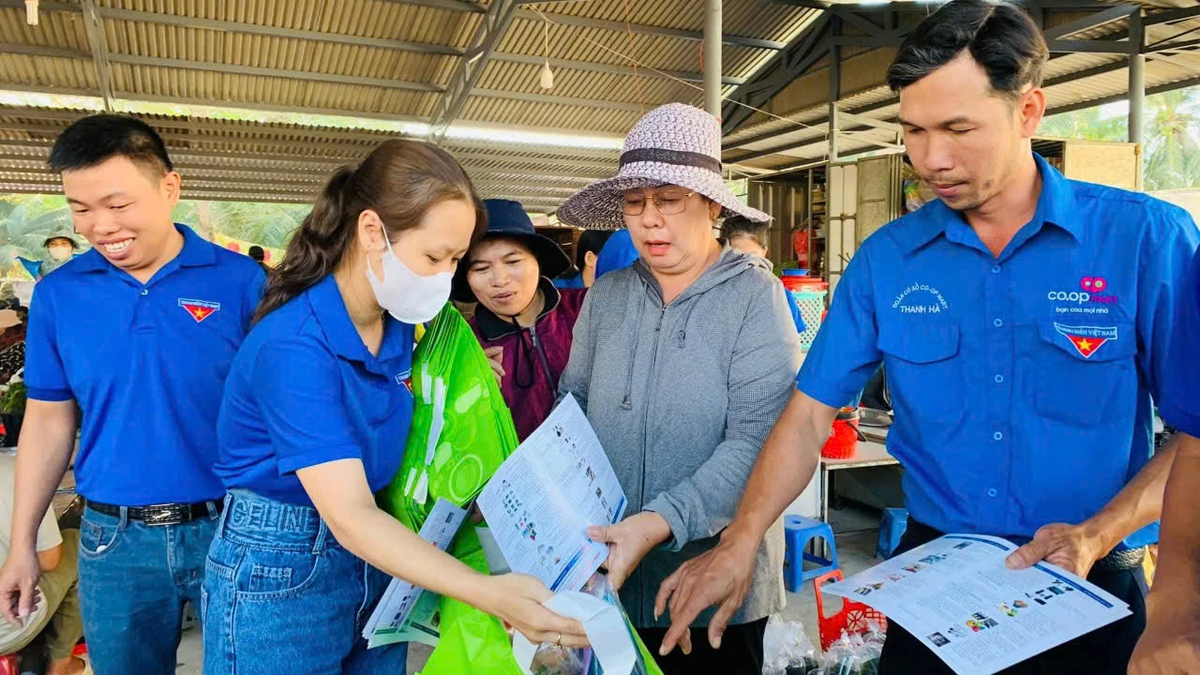
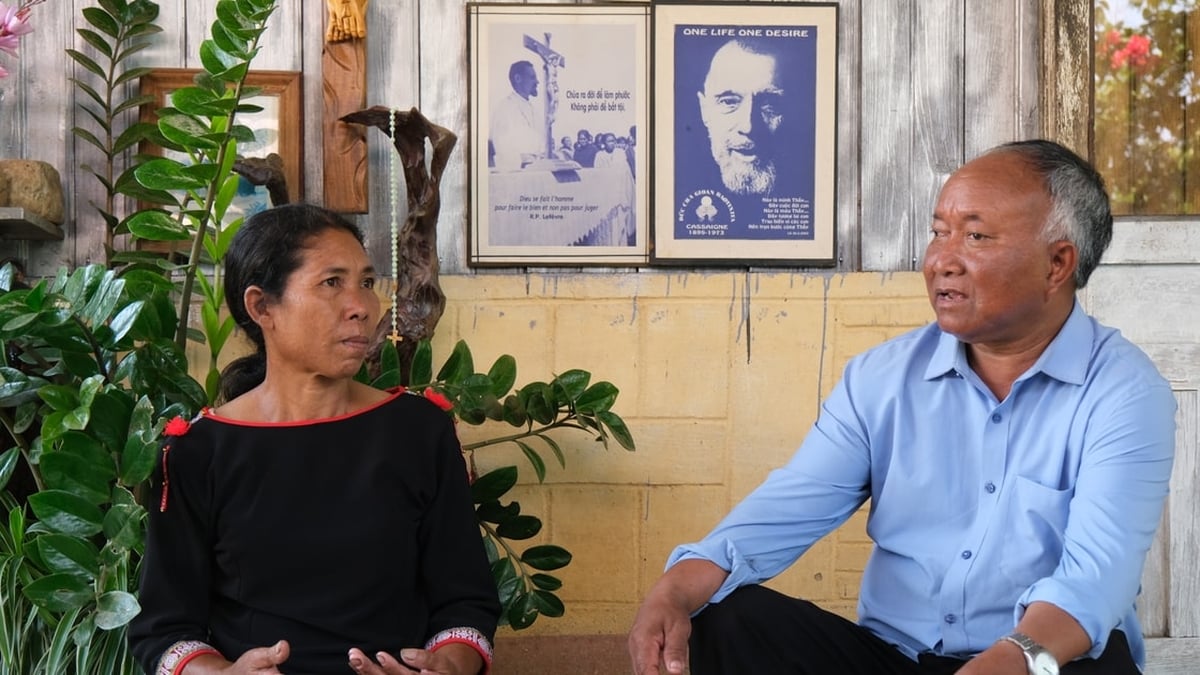

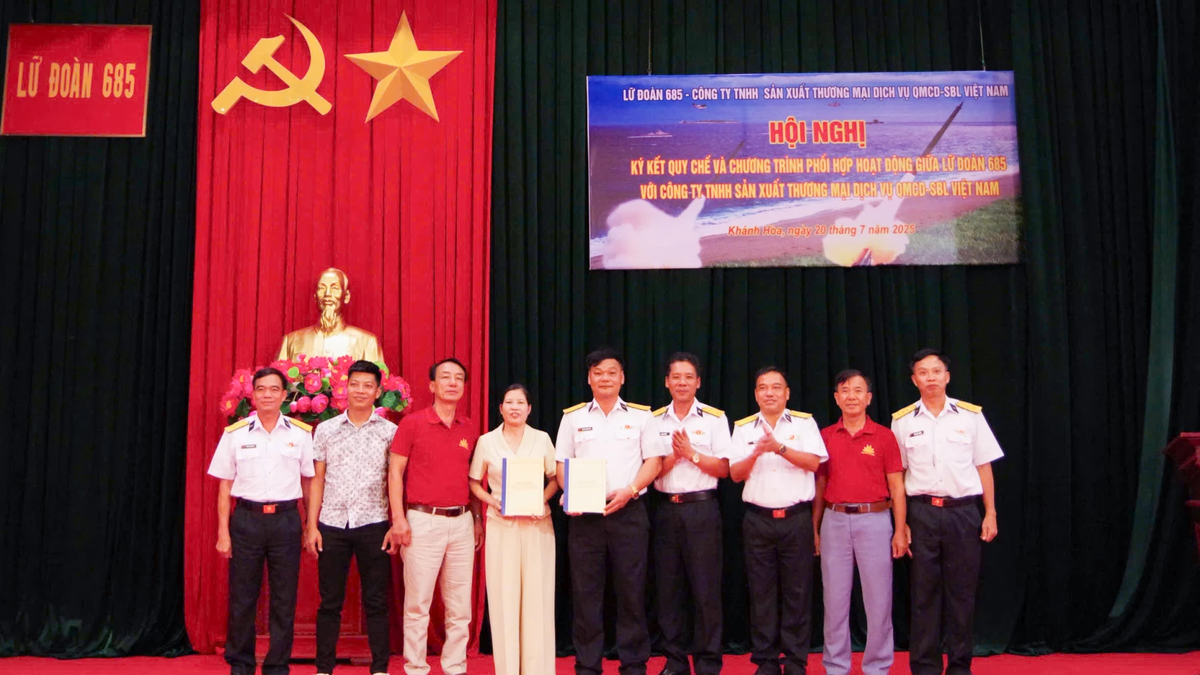




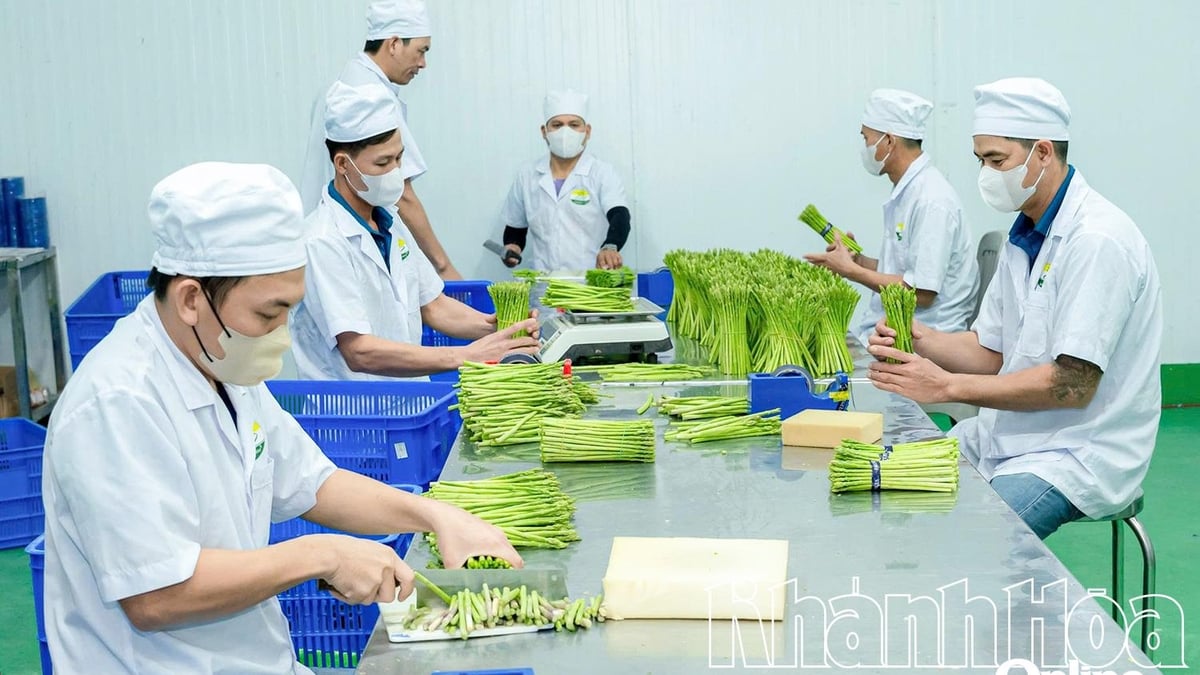














![[Photo] National Assembly Chairman Tran Thanh Man visits Vietnamese Heroic Mother Ta Thi Tran](https://vphoto.vietnam.vn/thumb/1200x675/vietnam/resource/IMAGE/2025/7/20/765c0bd057dd44ad83ab89fe0255b783)






































































Comment (0)